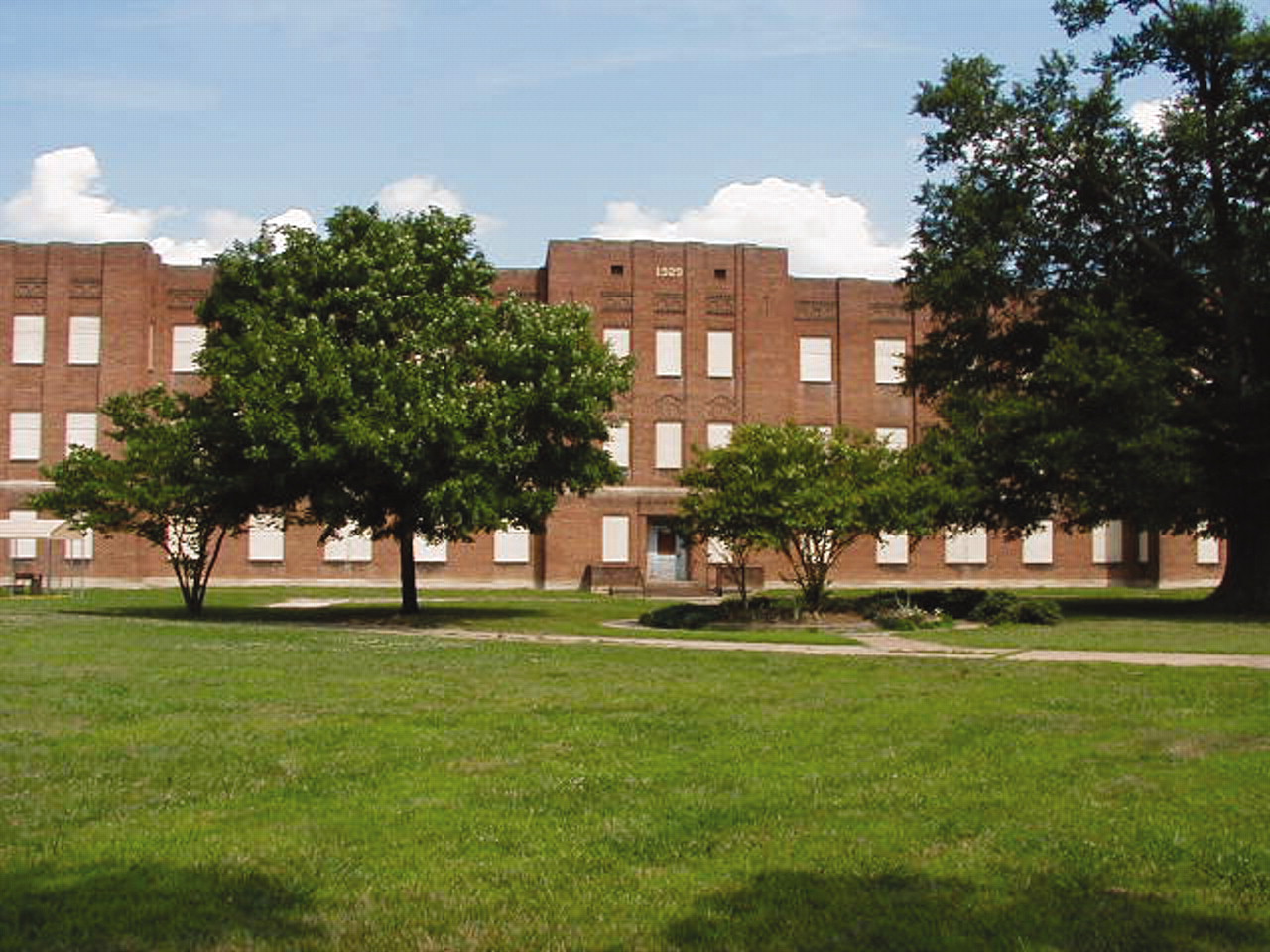Virginia’s Central State Hospital in Petersburg has a community reinvestment project under way to close two wards and fund new community-based services instead. The project is part of a state-backed plan to close 261 inpatient psychiatric beds eventually and divert more resources into community-based services (see
box).
The project at Central builds on its Acute Care Project, which is viewed as a successful model for Eastern State (see
story above) by its directors and mental health commissioner James Reinhard, M.D.
Central closed its 60-bed, acute-care admissions unit over a four-year period beginning in 1999. Patients qualified to be discharged were placed in community-based residential settings. Private psychiatric hospital beds were contracted at $500 a day to provide crisis-stabilization services, Central’s immediate past director, Larry Latham, Ph.D., told Psychiatric News.
“We found that more people were served for less money than in our admissions unit,” he said.
According to Reinhard’s office, these are among the results of the Acute Care Project, although no comment was made with regard to quality of care:
• In Fiscal 2002, 855 people received acute care services in their communities compared with 257 in Fiscal 1999—before the funding reallocation—at Central State.
• The average inpatient stay dropped from 67 days to just under seven days.
• The annual cost of psychiatric care per patient dropped from $38,592 to $2,615.
• The rate of monthly readmissions has dropped from 9 percent to 6 percent.
“Our experience with the project has been excellent. We work closely with the community service boards in the assessment process and finding treatment in the community,” said Central’s medical director Charles Davies, M.D., in an interview with Psychiatric News. He is a former medical director of Eastern State Hospital. He did not believe that quality of care was compromised.
“About five to 10 patients a month are admitted [to Central State] now, compared with 30 to 40 patients a month before the project began. We now see a more chronic and treatment-resistant population,” said Davis.
The patient population served by Eastern is larger and more diverse than that at Central and may require a more complex plan than the Acute Care Project, he added. Both he and Latham acknowledged that finding enough beds can be challenging.
Richard Kaye, D.O., medical director of behavioral medicine at Obici Hospital, a private psychiatric hospital in Suffolk, Va., and immediate past president of the Tidewater Academy of Psychiatry, commented to Psychiatric News, “If the mental health department can contract with private facilities at $500 a day, it will have to shorten the stay [in those hospitals] dramatically in order to obtain any savings. Although our average length of stay is five to six days for acute-care patients, committed patients typically take longer to stabilize. The mean length of stay in the acute-care unit at Eastern is 14 days.”
He added, “In many cases, this even is too short, and many discharged patients relapse.”
Shortly after diversion to private psychiatric hospitals began at Central State Hospital, Kaye pointed out, two private contracted hospitals dropped out because of the low reimbursement rate, and the beds haven’t been replaced.
“The numbers cited by the mental health commissioner do not reflect improved community care but the shortage of available psychiatric beds,” said Kaye.
Central also refers violent and acutely ill patients to Obici for commitment when patients’ local hospitals won’t accept them.
“If we accept them,” said Kaye, “they have to stay until it’s safe to discharge them, although they belong in extended-care facilities. Their HMO Medicaid insurance won’t cover our costs, which means that the state is essentially transferring the costs of care to us when we are already losing money on psychiatric services.” ▪

